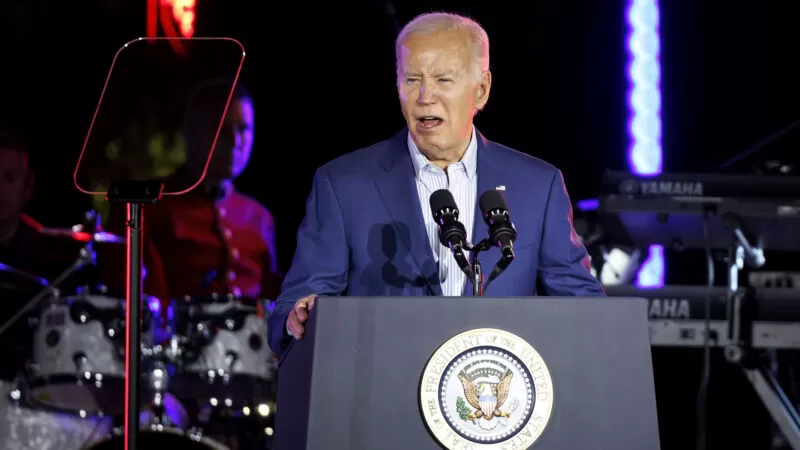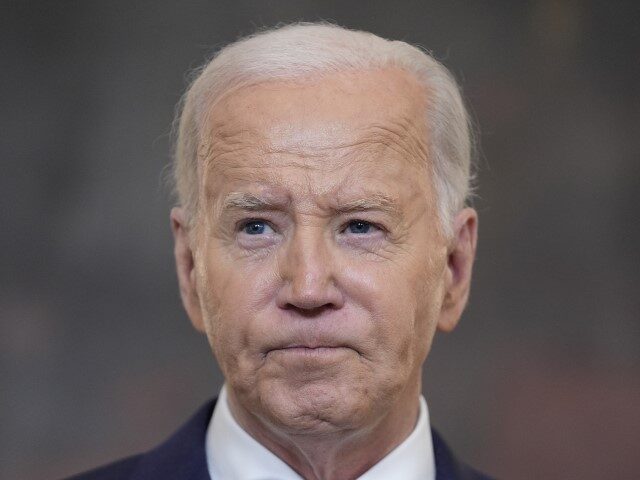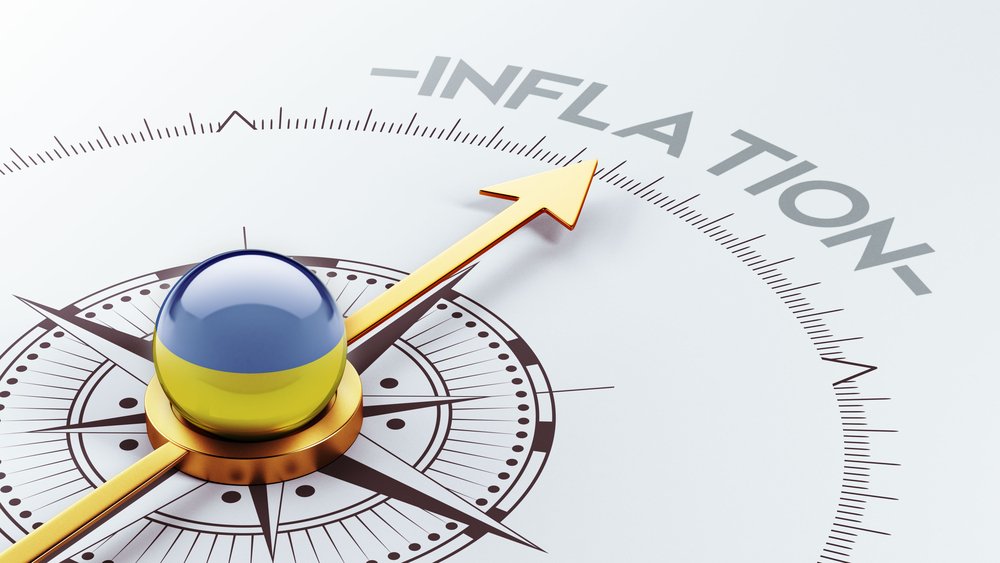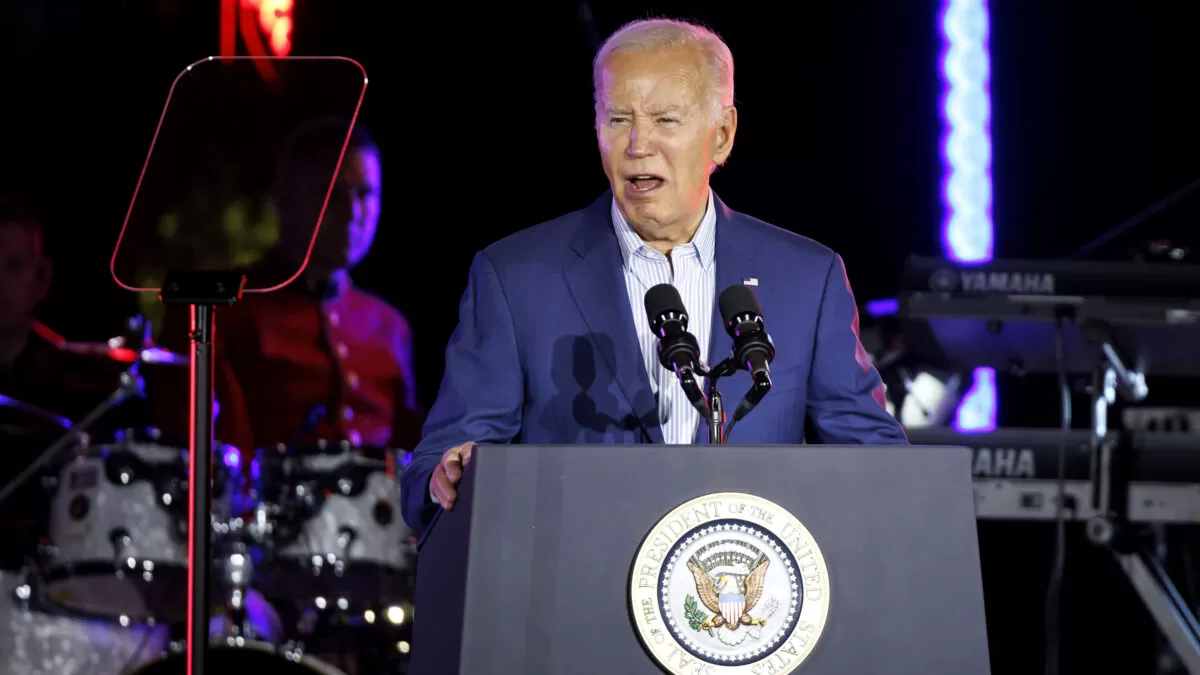from Kerry Lutz's Financial Survival Network
Kerry and Ted Thatcher discussed the recent PPI and CPI numbers and their significance in relation to inflation and potential rate cuts. They explored Jerome Powell’s perspective and the political incentives for rate reductions, emphasizing the influence of financial markets on Fed decisions. The discussion also touched on the growing disparity between Wall Street and Main Street, expressing apprehension about the impact on average Americans. Additionally, they explored the evolving nature of CPI measurement and its implications for understanding inflation, and the potential effects of political influences on economic policies. The conversation concluded with a reflection on the need for vigilance and caution in financial decision-making, given the complex interplay of economic, political, and market forces.
Click Here to Listen to the Audio
Sign up (on the right side) for the free weekly newsletter.

 Government overspending, an activity the Biden administration has taken to a new level, has sent the country into an inflationary spiral. Through trillions of dollars in COVID-19 relief programs, infrastructure spending, vote-buying student loan forgiveness programs, and a political “Build Back Better Agenda,” the White House has flooded the economy and decimated consumers’ purchasing power. We’re paying more and getting less for everything from energy to food.
Government overspending, an activity the Biden administration has taken to a new level, has sent the country into an inflationary spiral. Through trillions of dollars in COVID-19 relief programs, infrastructure spending, vote-buying student loan forgiveness programs, and a political “Build Back Better Agenda,” the White House has flooded the economy and decimated consumers’ purchasing power. We’re paying more and getting less for everything from energy to food. High inflation brought down consumer sentiment to the lowest level in seven months in early June, the University of Michigan’s survey of U.S. households showed Friday.
High inflation brought down consumer sentiment to the lowest level in seven months in early June, the University of Michigan’s survey of U.S. households showed Friday. (Bloomberg) — Australia’s central bank will likely hold its key interest rate at a 12-year high on Tuesday as it tries to restrain consumer prices that have been underpinned by an ultra-tight employment market.
(Bloomberg) — Australia’s central bank will likely hold its key interest rate at a 12-year high on Tuesday as it tries to restrain consumer prices that have been underpinned by an ultra-tight employment market.
 Strike up the band and wave the victory banners! Inflation is dead!
Strike up the band and wave the victory banners! Inflation is dead! Monetary authorities and domestic users do not understand the true relationship between their fiat currency, the threats to its purchasing power, and the relationship with gold.
Monetary authorities and domestic users do not understand the true relationship between their fiat currency, the threats to its purchasing power, and the relationship with gold. June 12 (Reuters) – U.S. stocks rose broadly on Wednesday, with the S&P 500 and the Nasdaq touching fresh record highs after softer inflation data lifted hopes for central bank rate cuts, while Apple overtook Microsoft to become the world’s most valuable company.
June 12 (Reuters) – U.S. stocks rose broadly on Wednesday, with the S&P 500 and the Nasdaq touching fresh record highs after softer inflation data lifted hopes for central bank rate cuts, while Apple overtook Microsoft to become the world’s most valuable company. Government overspending, an activity the Biden administration has taken to a new level, has sent the country into an inflationary spiral. Through trillions of dollars in COVID-19 relief programs, infrastructure spending, vote-buying student loan forgiveness programs, and a political “Build Back Better Agenda,” the White House has flooded the economy and decimated consumers’ purchasing power. We’re paying more and getting less for everything from energy to food.
Government overspending, an activity the Biden administration has taken to a new level, has sent the country into an inflationary spiral. Through trillions of dollars in COVID-19 relief programs, infrastructure spending, vote-buying student loan forgiveness programs, and a political “Build Back Better Agenda,” the White House has flooded the economy and decimated consumers’ purchasing power. We’re paying more and getting less for everything from energy to food.